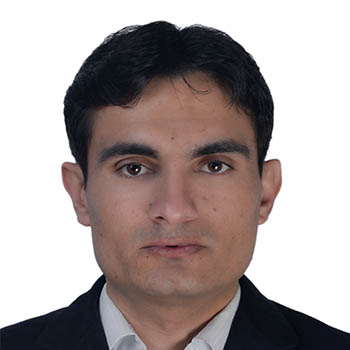Biography
Atlas Khan is a highly-skilled computational scientist with a Ph.D. in mathematics, artificial intelligence, and computational science. Specializing in both supervised and unsupervised machine learning methods, he has made groundbreaking contributions to the field. He devised a unique learning scheme that combines Extreme Learning Machine (ELM) with L1/2 regularization, solving the challenge of hidden node selection and enhancing performance in feedforward neural networks. Additionally, Khan has proposed innovative methods for Self-Organizing Maps (SOM) that address formal convergence questions, supported by empirical data and numerical simulations. Beyond the theoretical, he has practical expertise in applying machine learning to translational genomics, focusing particularly on understanding neurological disorders and cancer through genetic and genomic techniques. His commitment extends to leveraging Big Data in healthcare and medical research, aiming to revolutionize the industry through electronic-based analysis.


